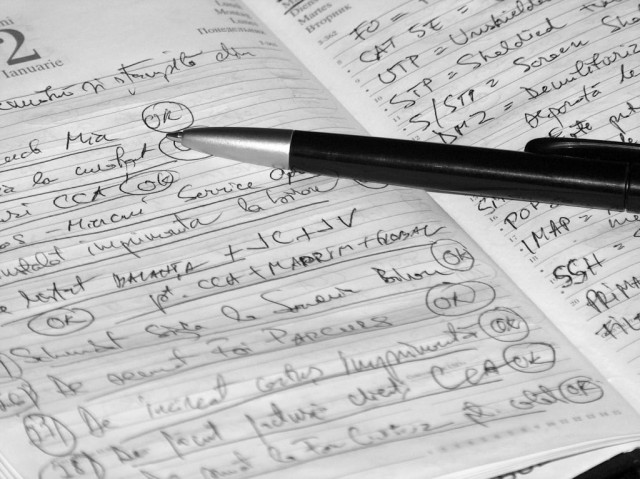COMSATS faces retractions over ‘research fraud’
Int’l journals pull papers on claims of flawed research, compromised peer review

At least four journal articles published in international journals by authors from COMSATS University Islamabad, Abbottabad Campus, and other institutions have been retracted over claims of ‘systematic manipulation of the publication process.’
The retraction notices published by the journals highlighted issues such as discrepancies between the data and the research reported, incoherent and irrelevant content, inappropriate citations and manipulated peer review.
Of the four retracted papers, two were PhD theses by COMSATS students who were awarded doctoral degrees, and one was a master’s thesis. Each paper has multiple authors, including those from other Pakistani and international universities. While not all authors may have been involved in fraudulent practices, The Express Tribune’s investigations reveal a pattern of publishing research among certain academics that has been flagged as substandard.
Notably, COMSATS Department of Pharmacy, Abbottabad professors Dr Abdul Jabbar Shah and Dr Taous Khan are co-authors on two of the retracted papers. Both papers were published in the same journal and later retracted, with Dr Shah and Dr Khan listed as the corresponding authors responsible for overseeing the publication process.
All corresponding authors were contacted, however, only Dr Abdul Jabbar Shah responded by saying, “I emailed the publishers inquiring about the specific reason for the retraction, but they have not replied yet. Our paper is a challenge; anyone can review it for originality and quality.”
He emphasised that their paper, published in 2022, was retracted in 2024. “It doesn't make sense; usually papers are retracted earlier if there are issues,” he said, stating that this might be an international fraud scheme to grab money as publication charges and later retract papers without good reason.
While a response from the publisher is awaited, it does explain in its whitepaper on tackling fake research that it employs both computational methods and external reviewers to investigate each paper before retracting it.
Predatory publishers
It is worth noting that the two papers were published in the BioMed Research International Journal, which is listed under Bael’s list of predatory publishers. Predatory publishers approach authors and offer to publish their work in exchange for fees, compromising the review process's legitimacy. Other co-authors, including professors from Najran University, Saudi Arabia, also have multiple retracted papers in the same journal.
A 2023 study by the scientific journal Nature revealed that Saudi Arabia produced the greatest number of fake papers, followed by Pakistan. Wiley, the publisher of three of the four papers, has been under fire for publishing ‘fake science’. Following an investigation into its authors and reviewers, by May 2024, it had retracted 11,300 papers.
However, this is not an isolated case that concerns a single publisher. Another paper, published in a different journal by Dr Syed Ahmed Shah and Dr Muhammad Sohail of COMSATS Abbottabad, was also retracted on the grounds that the Editor-in-Chief no longer had confidence in its findings. Dr Shah and Dr Sohail disagree with the retraction.
The administration of the Department of Pharmacy has initiated an inquiry into the allegations. COMSATS has a history of addressing academic misconduct, having sacked a pro-rector for plagiarism detected in his PhD thesis in 2015.
The papers were authored in collaboration with researchers from other Pakistani universities as well, including Riphah International University, Islamabad, University of Sargodha, University of Swabi, University of Malakand, The Islamia University of Bahawalpur and others.



















COMMENTS
Comments are moderated and generally will be posted if they are on-topic and not abusive.
For more information, please see our Comments FAQ